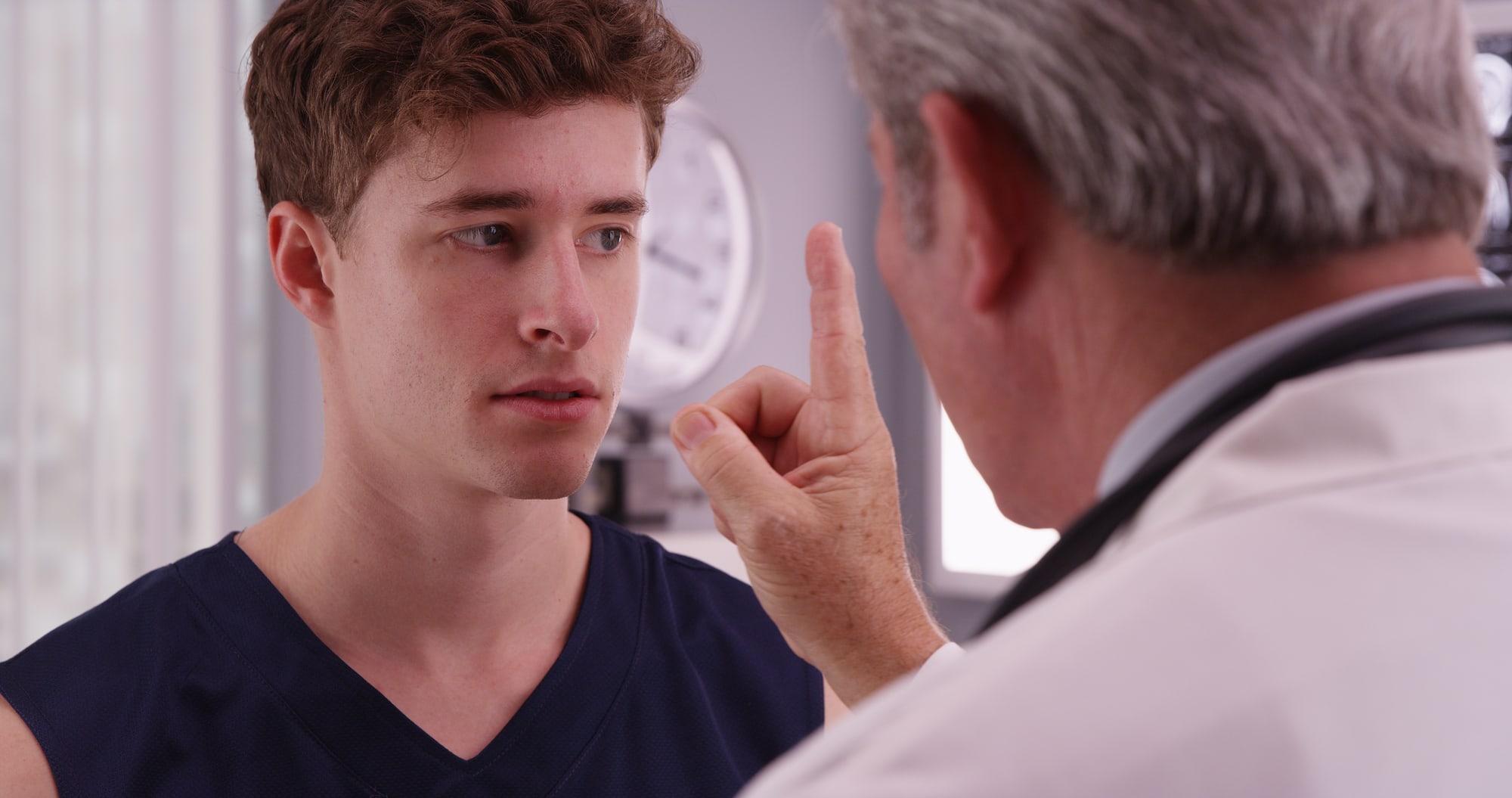A new study underpins the likelihood that concussion at any age can lead to development of neurological disorders.
Associations between traumatic brain injury and the development of psychological and other disorders have been made before. This large new retrospective study used a population-based cohort study to evaluate whether concussion may have an impact on the development of conditions including attention-deficit hyperactivity disorder (ADHD), dementia, Parkinson’s, and mood and anxiety disorders.
The research, published in the BMJ, evaluated the health data of 47,483 people diagnosed with concussion. This cohort was then matched with a control cohort of similar individuals who had not suffered concussion.
As we have discussed, any concussion is a brain injury. When the brain is damaged within the skull or through blunt force trauma, the injury has the potential to alter the workings of the brain and its blood flow. While many people eventually recover from the larger symptoms of concussion, the brain may not forget the insult.
During the 25-year time period of the study, researchers compared the research cohort (average age for men and women between 21 and 25) with up to three other similar research subjects who had not suffered a concussion. Over those years, study authors made the following findings:
- Individuals who had suffered a concussion were more likely to be diagnosed with psychological or neurological disorders that may have had their origin in brain injury.
- After adjusting for socio-economic factors, those who suffered concussion were 39 percent more likely to be diagnosed with ADHD.
- Similarly, men and women who had suffered concussions were 72 percent more likely to develop anxiety and mood disorders, particularly women. Of the mood and anxiety disorders (MADs), women were more likely to become hyperactive or depressed following a concussion.
- Concussion increased the likelihood of developing Parkinson’s disease by 57 percent and dementia by 72 percent. This risk figures climb with second or third concussions.
Like other studies, this research is observational and does not establish a cause and effect relationship between suffering a concussion and later development of a psychological disorder. While research underscores the danger of even one concussion, there is more work to be done—including trying to reduce the growing rate of concussive brain injury in teens and young adults.
Experienced injury attorneys help you after serious medical injury
Recognized for excellent legal service, the law firm of Schochor, Staton, Goldberg, and Cardea, P.A. delivers aggressive representation if a loved one is injured due to medical malpractice. Serving clients nationwide from offices in Baltimore, Maryland, and Washington, DC, we offer a free consultation. Contact us or call 410-234-1000 today.

